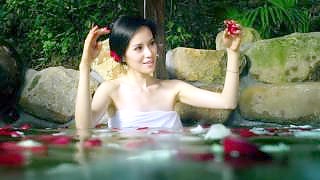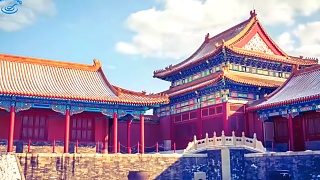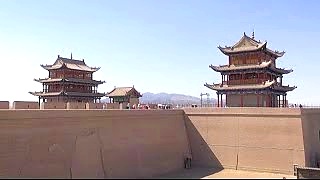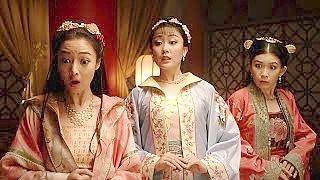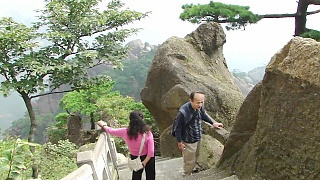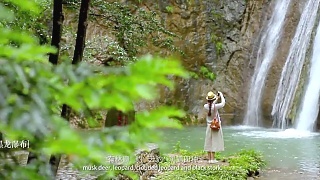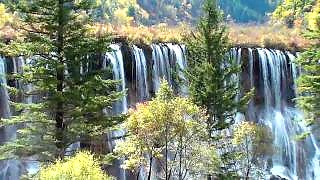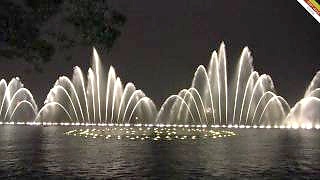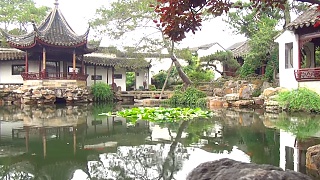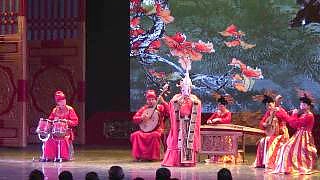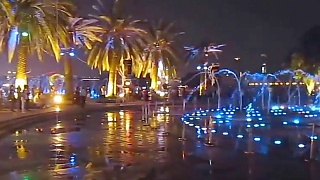YanDangShan, in a micro movie.
YanDang Mountain is known for its natural beauty, arising from its many vertical rock faces and pinnacles, lush forests and bamboo groves, streams with clear water, waterfalls and caves. The area also hosts numerous temples and shrines, many built inside caves. A good place for hiking.
YanDangShan lis near the east coast of China. The rail station here lies between WenZhou and NingBo; the journey from ShangHai is about 4 hours.
A very beautiful film ...
[640],shadow=true,start=9,stop=
 Mount YanDang 雁蕩山, WenZhou, ZheJiang province
Mount YanDang 雁蕩山, WenZhou, ZheJiang province